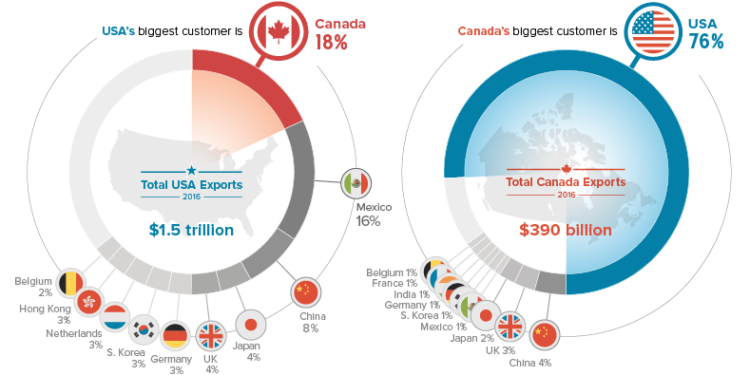Introduction:
Global politics are constantly changing in this era of unparalleled interconnection and interdependence, which brings with it a wide range of opportunities and difficulties. The global scene is full of complexity, from social revolutions and technology developments to geopolitical tensions and economic upheavals, necessitating careful analysis and strategic navigation. We explore the complex world of global politics in this extensive piece, looking at major themes, new dynamics, and the effects on various countries and societies around the globe.
The Shifting Geopolitical Landscape:
The complex web of geopolitical interactions among nations is at the center of world politics. Significant changes in the balance of power have occurred during the last ten years, as rising countries and regional players have begun to challenge established hegemonies and make their mark on the global scene. There are ramifications for the economic, scientific, and security spheres from the US-China rivalry, which is sometimes described as a new Cold War. In the meantime, conflicts inside and between nations have increased due to the rise of nationalism and populism in various regions of the world, undermining long-standing international cooperation rules.
Economic Forces and Trade Dynamics:
Global politics are heavily influenced by economic factors, and trade relations may be a source of conflict as well as a motivator for collaboration. Concerns over the future of globalization have been raised by the emergence of protectionist policies and trade disputes between major economies, which have disrupted existing supply lines. Governments had to reassess their trade policies and domestic objectives as a result of the COVID-19 pandemic’s increased severity of economic concerns. Initiatives like the African Continental Free Trade Area (AfCFTA) and the Regional Comprehensive Economic Partnership (RCEP) indicate continued efforts to promote economic integration and stimulate growth in the face of these obstacles.
Environmental Imperatives and Climate Diplomacy:
Environmental issues are now at the forefront of international politics due to the necessity of solving climate change. Governments are under pressure to enact sustainable policies and work together on climate mitigation initiatives as the catastrophic effects of climate-related disasters become more apparent. Despite obstacles and disappointments, the Paris Agreement continues to be a vital component of global climate mitigation efforts. As nations attempt to strike a balance between the demands of economic development and environmental goals, climate diplomacy has become an important area for multilateral collaboration.
Security Challenges and Conflict Resolution:
Traditional and non-traditional security risks continue to be major obstacles to world peace. The range of security threats is wide and complex, ranging from cyberwarfare and pandemics to regional conflicts and terrorism. The difficulty of resolving protracted conflicts, like the Israeli-Palestinian conflict and the Syrian war, emphasizes the difficulties involved in fostering peace and reconciliation. Furthermore, the spread of nuclear weapons and new technological advancements further complicates the security environment, calling for strong diplomatic engagement and strategic planning.
Humanitarian Concerns and Global Governance:
Humanitarian catastrophes, such as starvation, forced migration, and outbreaks of infectious diseases, highlight the necessity of international cooperation and governance. Increased international collaboration in pandemic preparedness and response is important, as the COVID-19 pandemic revealed weaknesses in healthcare systems. Human rights concerns, such as minority rights, gender equality, and refugee protection, continue to be at the center of discussions about ethical leadership and global governance. Upholding universal ideals and principles becomes increasingly important when global organizations come under increased scrutiny and calls for reform.
Conclusion:
One thing is certain as we work through the complexity of world politics: we are more in need than ever of thoughtful analysis, strategic vision, and moral leadership. The international community faces many interrelated and enormous difficulties, ranging from geopolitical rivalry and economic uncertainty to environmental imperatives and humanitarian disasters. Nations can cooperate to confront shared difficulties and create a more robust and inclusive global order by promoting communication, developing cooperation, and maintaining shared values. Let’s use humanity’s collective wisdom and resiliency to guide us as we face the unknowns of the future and pave the way for a future generation that enjoys greater peace, prosperity, and sustainability.
